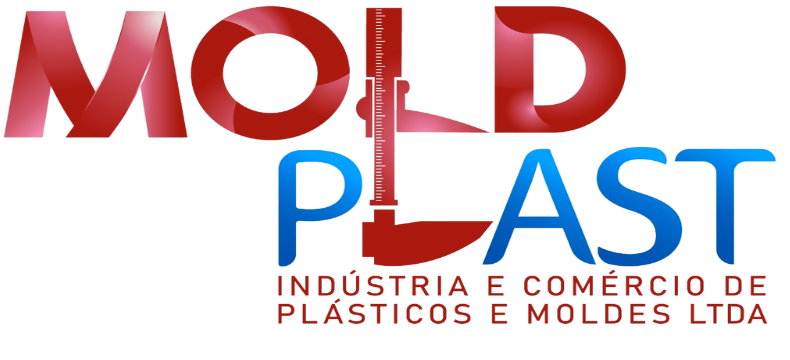In at the moment’s digital age, we’re constantly bombarded with an amazing quantity of information. With the internet at our fingertips, we’ve access to an finishless stream of articles, news, blogs, and research papers on a wide range of topics. While this abundance of information can be a valuable resource, it may lead to information overload, making it difficult to sift by way of the noise and discover probably the most related and meaningful content. In this article, we will explore strategies for overcoming information overload and becoming a selective article reader.
Define Your Goals and Interests:
To successfully manage information overload, it’s essential to begin by clarifying your goals and interests. What are you looking to achieve through your reading? Are you attempting to stay informed about current events, develop your knowledge in a particular subject, or just keep entertained? Understanding your aims will show you how to filter out irrelevant content and concentrate on what truly matters to you.
Curate Your Sources:
Not all sources are created equal. To keep away from information overload, caretotally curate the sources you comply with and trust. Seek out reputable websites, journals, and publications that persistently provide high-quality, reliable information. Subscribe to newsletters or set up RSS feeds from trusted sources to receive updates directly related to your interests.
Create a Reading Schedule:
Set up a daily reading schedule to allocate dedicated time for consuming articles. Whether or not it’s a day by day routine or a weekly session, having a set time for reading will assist you to keep organized and forestall information overload from creeping into your on a regular basis life.
Set Priorities:
Prioritization is key to selective article reading. Determine which articles are most relevant to your goals and interests and tackle them first. Should you come across a particularly lengthy piece, consider whether it’s worth the time investment primarily based in your objectives.
Skim and Scan:
When confronted with a long article, use the technique of skimming and scanning to quickly assess its content. Look at headings, subheadings, and the opening and shutting paragraphs to gauge whether the article contains the information you need. If it does, read it in-depth; if not, move on to the next one.
Utilize Technology:
Leverage technology to your advantage. Use apps and tools that can enable you arrange and manage your reading materials. For instance, bookmarking tools, like Pocket or Instapaper, will let you save articles for later reading, while note-taking apps, like Evernote or Notion, enable you to store and manage vital information.
Apply the 5-Second Rule:
When you’re not sure whether to read an article, try applying the “5-Second Rule.” Spend no more than five seconds scanning the article’s introduction and headings. If it does not immediately grab your consideration or align with your interests, move on.
Learn to Say No:
It is okay to skip articles that don’t resonate with you or aren’t directly relevant to your goals. Learning to say no to sure content will liberate your time and mental bandwidth for more significant reading experiences.
Take Breaks:
Avoid the temptation to constantly devour articles in a endless quest for information. Instead, take breaks between reading periods to digest and reflect on what you’ve learned. This permits you to retain information better and prevents burnout.
Embrace Deep Reading:
While selective reading is essential for managing information overload, don’t forget the worth of deep reading. Whenever you come throughout an article that really captivates you and aligns with your interests, take the time to read it thoroughly and interact with the material on a deeper level.
In conclusion, overcoming information overload in the digital age requires a strategic approach to selective article reading. By defining your goals, curating your sources, setting priorities, and utilizing technology, you can effectively manage the flow of information and extract valuable insights from the vast sea of articles available online. Remember that it’s not about consuming every bit of content material but about discovering and engaging with the articles that really matter to you and align with your objectives. With the best strategies in place, you can navigate the information landscape with confidence and purpose.
If you have any kind of inquiries relating to where and exactly how to use Is Coke Zero Keto Friendly, you could call us at our own page.

